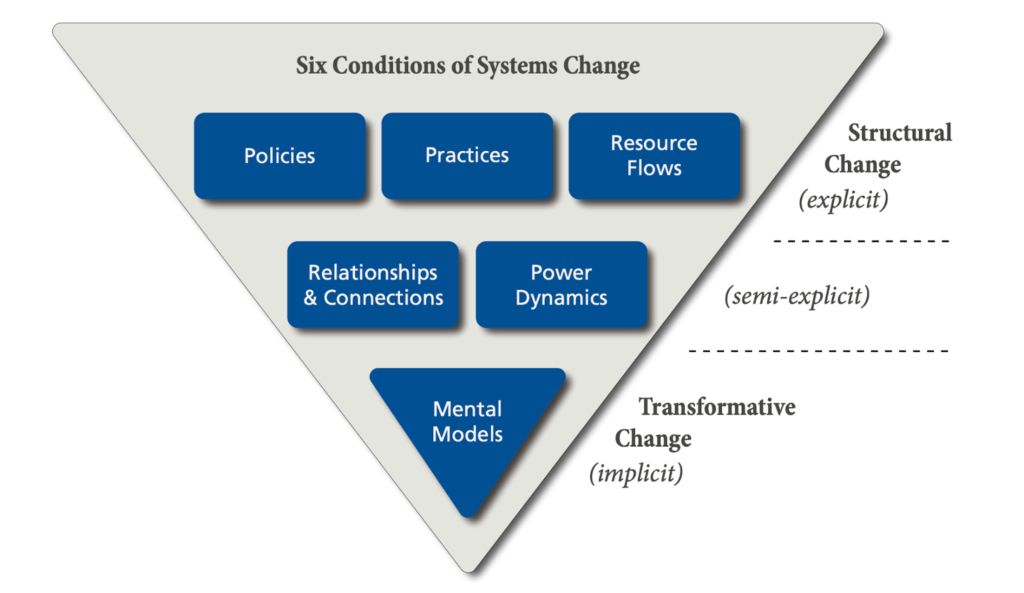Values and Priorities
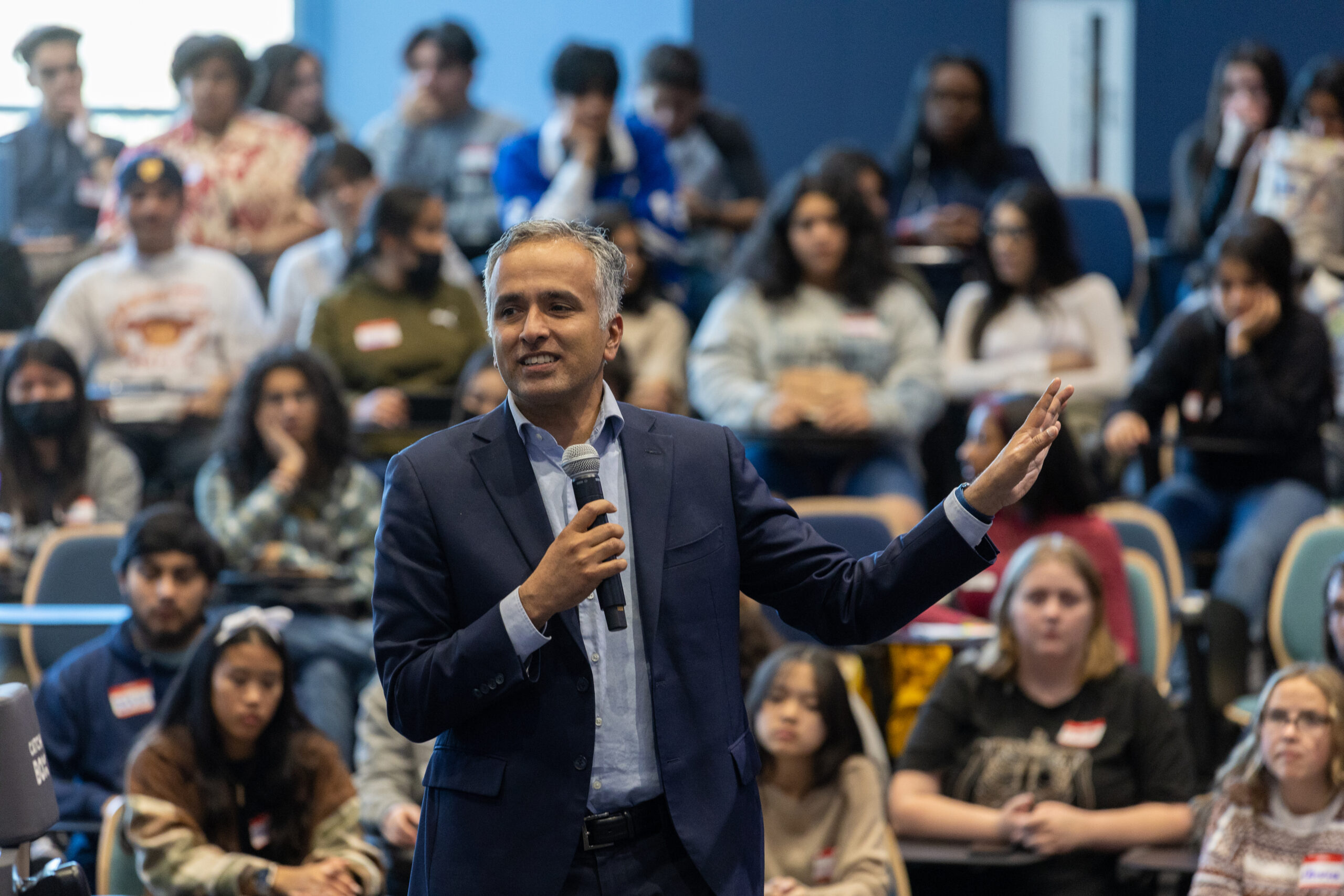
Priority Areas
There are 12 specific priority areas that the IE 2030 project focuses on. Many of these topic areas intersect and interplay with each other. Together these topics will help to form the foundation of the vision and strategies that will come from our community visioning sessions.
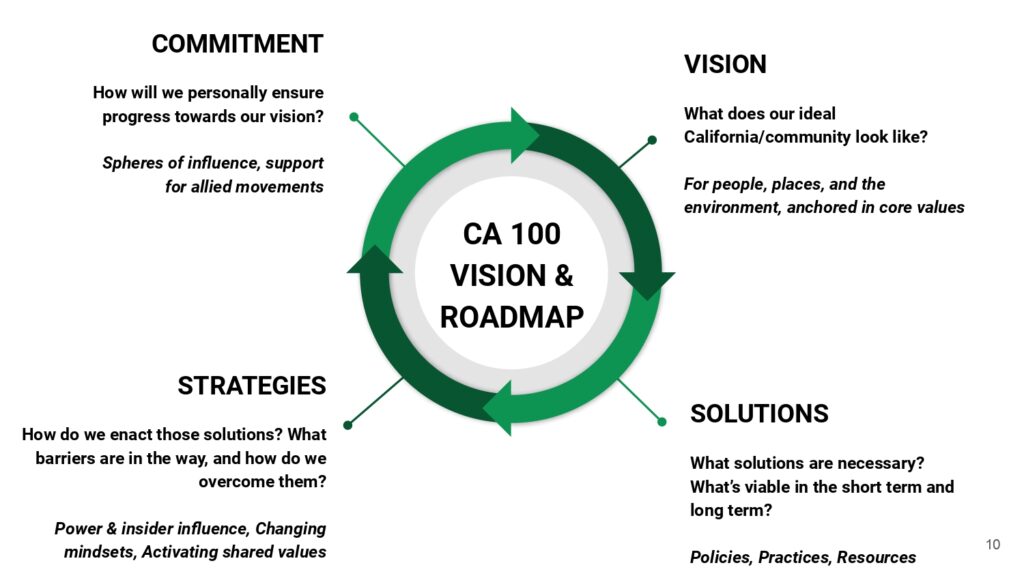
To learn more about each topic area, click on the icons below:
Topic Areas: Which Are You Expert In
Frameworks for
Change
Vital Conditions for Community Health & Well-Being Framework
The Seven Vital Conditions for Well-Being is a useful framework for conceptualizing holistic well-being and the conditions that give rise to it, as well as identifying levers for community change and improvement. It brings together major determinants of health, exposing how parts of a multi-faceted whole work as a system to produce population well-being. This framework helps users consider the properties of places and institutions that all people need all the time to be healthy and well. This framework advances a collaborative, cross-sector approach to improving community health and well-being and helps identify where and how to invest in communities to yield better results over time.
Each vital condition is distinct and indispensable. Together, they form an interdependent system that shapes opportunities for people and places to thrive. If any vital condition is denied or otherwise unfulfilled, serious adversity can accumulate, revealing itself in excess rates of illness, unemployment, housing distress, food insecurity, loneliness, and more.
Seven Vital Conditions for Community Health & Well-Being
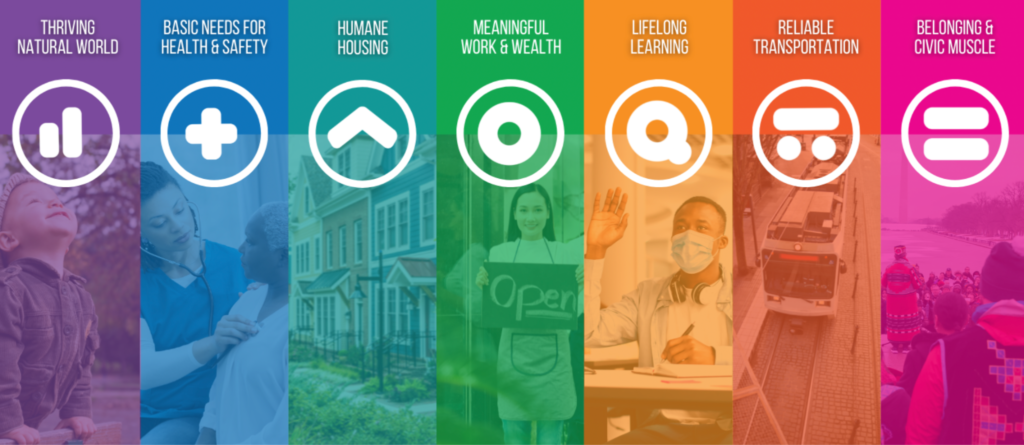
FSG Framework
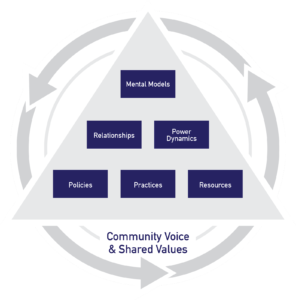
Building on the success of Census and COVID outreach efforts, leaders in the region launched the Inland Empire Roadmap for an Inclusive and Sustainable Economy (IE RISE). IE RISE is a two-county-wide collaborative that works towards amplifying community voices around a unified vision and activating shared values to reform systems to make them truly equitable. Through this collaborative effort, the IE RISE Systems Change Framework was developed.
Systems change is a relatively new concept in philanthropy and the nonprofit sector, and it can mean different things to different people. Most broadly, it means “systems shifting the conditions that are holding the problem in place.” One of the most influential frameworks in this emerging field is the one produced by FSG (formerly called Foundation Strategy Group).
The revised framework on systems change noted above was based on input and feedback from the local community. Importantly, the community decided to add Community Voice and Shared Values to the framework. Community voice and shared values provide not only the baseline for this model, but they also act as a feedback loop in which the model can be continually refined and tailored to community needs.
Policies: Government, institutional and organizational rules, regulations, and priorities that guide the entity’s own and others’ actions.
Practices: Espoused activities of institutions, coalitions, networks, and other entities targeted to improve social and environmental progress. Also, within the entity, the procedures, guidelines, or informally shared habits that comprise their work.
Resource Flows: How money, people, knowledge, information, and other assets such as infrastructure are allocated and distributed.
Relationships & Connections: Quality of connections and communication occurring among actors in the system, especially among those with differing histories and viewpoints.
Power Dynamics: The distribution of decision-making power, authority, and both formal and informal influence among individuals and organizations.
Mental Models: Habits of thought—deeply held beliefs and assumptions and taken-for-granted ways of operating that influence how we think, what we do, and how we talk. This includes understandings about root causes of problems; what solutions are possible, available, and effective; and who are the leaders and stakeholders needed to produce durable solutions.
